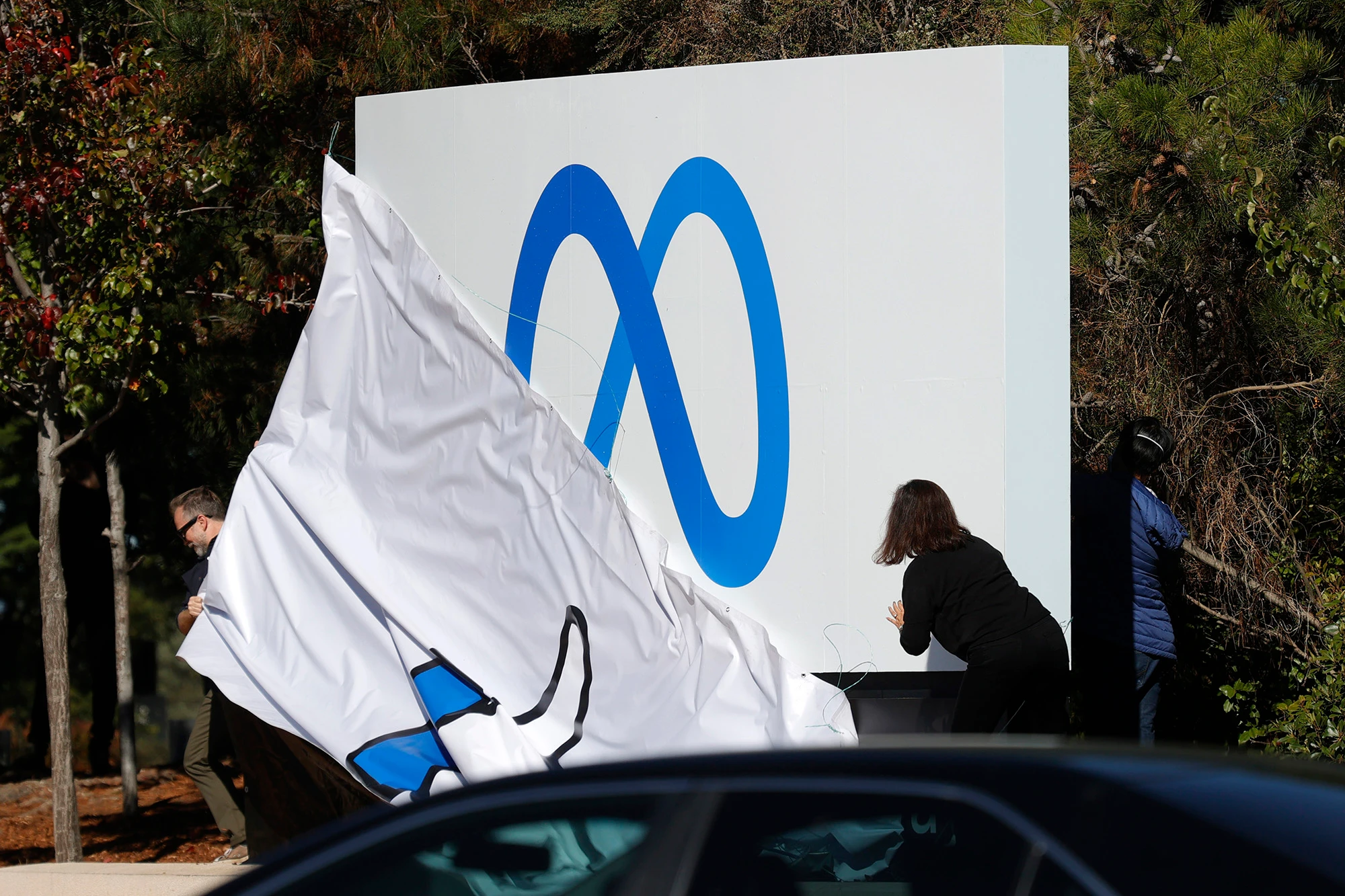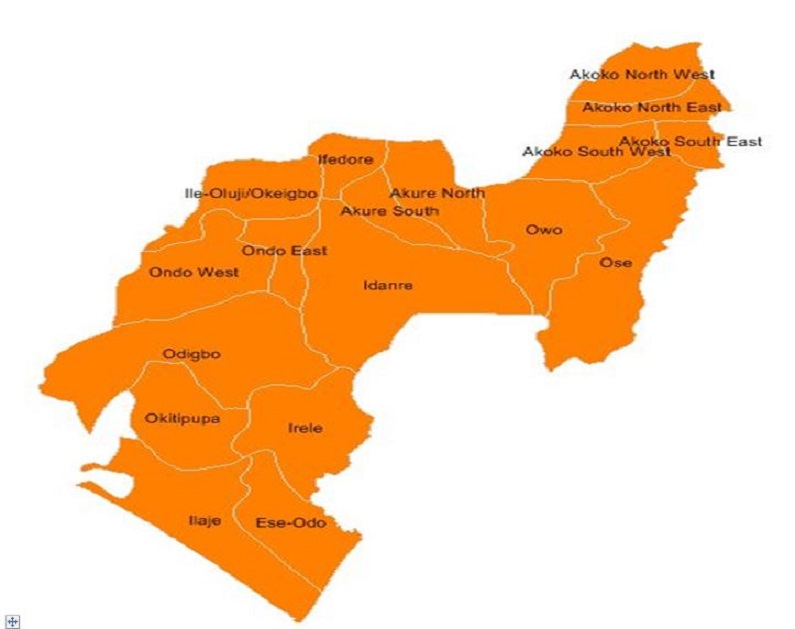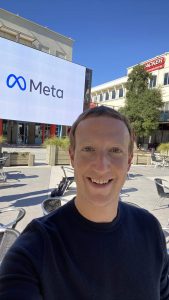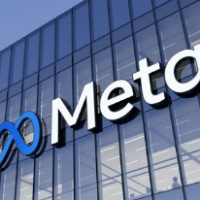Other News
Facebook relaunches, changes brandname to Meta

In recent decades, technology has given people the power to connect and express ourselves more naturally. When I started Facebook, we mostly typed text on websites. When we got phones with cameras, the internet became more visual and mobile. As connections got faster, video became a richer way to share experiences. We’ve gone from desktop to web to mobile; from text to photos to video. But this isn’t the end of the line.
Other News
Sowore, Activists Escort NYSC Member To Meeting Over Viral Video Criticizing Tinubu
Human rights activist Omoyele Sowore and several legal practitioners on Monday escorted a Lagos-based National Youth Service Corps (NYSC) member, Ushie Uguamaye, popularly known as Raye, to the office of her Local Government Inspector (LGI) after she was summoned for a viral video criticizing President Bola Tinubu’s administration.
Raye had gained widespread attention after posting a video on her TikTok account, #talktoraye, in which she lamented the country’s worsening economic crisis and blamed President Tinubu for the hardship faced by Nigerians.
She further described the president as a “terrible leader.”
READ ALSO: You Have No Right To Stop Me – Sowore Battles Police, EFCC At Court Entrance
In a subsequent video, Raye claimed that NYSC officials had begun to threaten her following her public outbursts.
She was then summoned to appear at the NYSC office in Eti-Osa, Lagos, for questioning on Monday.
However, Sowore, alongside legal practitioners including Festus Ogun, Yinka Oyesomi, and Justice Ojienoh, accompanied Raye to the NYSC office in a show of solidarity.
According to an update shared by Sowore on his official X handle, the NYSC officials failed to show up for the meeting.
“We arrived at the Eti-Osa LGI offices of the @officialnyscng with youth corper, Ushie Rita Uguamaye, in Lagos. She was scheduled to appear before the LGI today, and we escorted her to their offices with attorneys.
@mrfestusogun, @yinka_oyesomi, and @justiceojienoh, but the LGI official had absconded, failing to show up throughout our stay,” Sowore posted.
Other News
Tragedy In Ogun: Police Inspector Found Dead At Factory

The Ogun State Police Command has confirmed the tragic death of Inspector Ajele Oloyede, who was on special duty at Goodwill Ceramic Company in Igbesa, Ado Odo-Ota Local Government Area.
In a statement on Sunday, the Police Public Relations Officer, Omolola Odutola, disclosed that the incident occurred on March 14, 2025, around 1:20 p.m.
Oloyede, who was attached to the 78 PMF, Zamfara State, was found dead from a gunshot wound under unclear circumstances.
READ ALSO: No More Sacking Of Unmarried Pregnant Policewomen – NPF
According to preliminary reports, another officer, Tolorunloju Stephen, attached to the Force Headquarters Annex in Lagos, recounted that he had just returned from Ikeja when he saw Inspector Oloyede resting his head on a table in the security office.
After exchanging pleasantries, Oloyede reportedly assured Stephen that he was fine.
Moments later, Stephen went to the restroom but was startled by the sound of a gunshot. He rushed back to find Oloyede lying in a pool of blood.
With the help of private security personnel, the injured officer was immediately transported to Ota General Hospital, where he was pronounced dead by doctors.
The police confirmed that the firearm used in the incident has been recovered, and the body has been deposited for an autopsy.
Reacting to the incident, Ogun State Commissioner of Police, Lanre Ogunlowo, ordered a full-scale investigation to determine whether foul play was involved or if mental health issues contributed to the tragedy.
The case has been transferred to the State Criminal Investigation Department (SCID), Eleweran, for further inquiry.
“The Nigeria Police Force expresses its deepest condolences to the family, colleagues, and loved ones of Inspector Ajele Oloyede. The command remains committed to the well-being of its officers and will ensure that all necessary support is provided during this difficult time,” Odutola stated.
Authorities assured the public that the findings of the investigation would be made known once concluded.
Other News
JUST IN: Nine Abducted Surveyors Freed In Ondo After N20m Ransom Payment

Nine surveyors abducted in the Akure North Local Government Area of Ondo State have been released after their families paid a ransom of N20 million.
Recall that the victims were kidnapped a week ago while working at a site in Ilu-Abo.
Their captors initially demanded N100 million for their release.
However, following negotiations, market women intervened, pleading for a reduction to N50 million.
READ MORE: Ondo Market Women Block Governor’s Office Over Nine Abducted Surveyors
The kidnappers initially rejected the appeal before eventually settling for N20 million.
Confirming their release, Pastor Ajibade Owolanke, brother to the Ejemikin of Akure, High Chief Oluwole Omotayo, said: “The victims have joined their individual family members.”
It was gathered that after regaining their freedom, the surveyors were taken to different hospitals for medical examinations.
The abduction sparked widespread outrage in the state, prompting market women and youths in Akure to stage a protest.
The demonstrators urged Governor Lucky Aiyedatiwa and security agencies to take decisive action against the rising wave of kidnappings in the state.
Security authorities have yet to comment on any arrests related to the incident.
More to follow………..




















